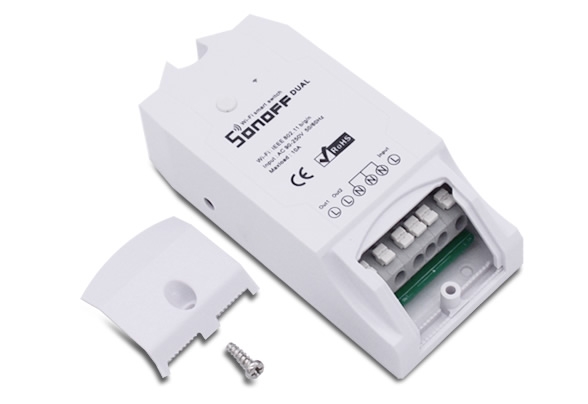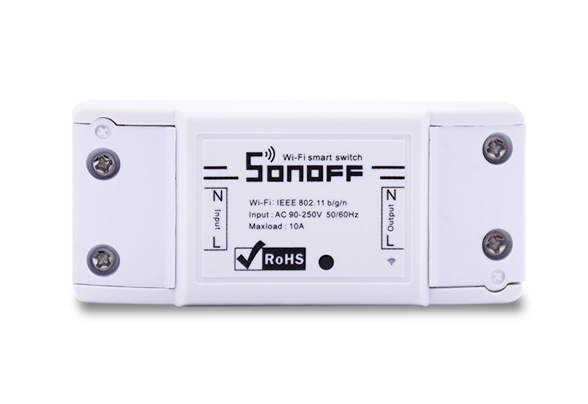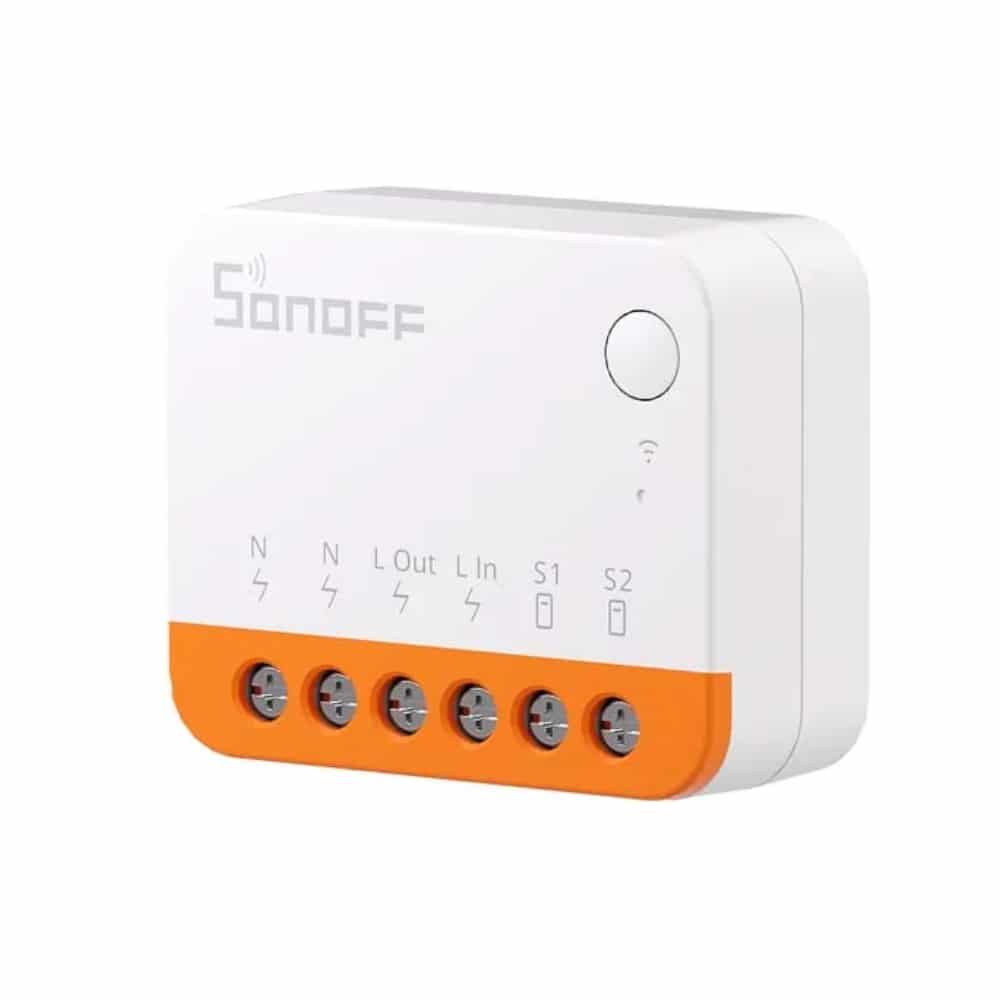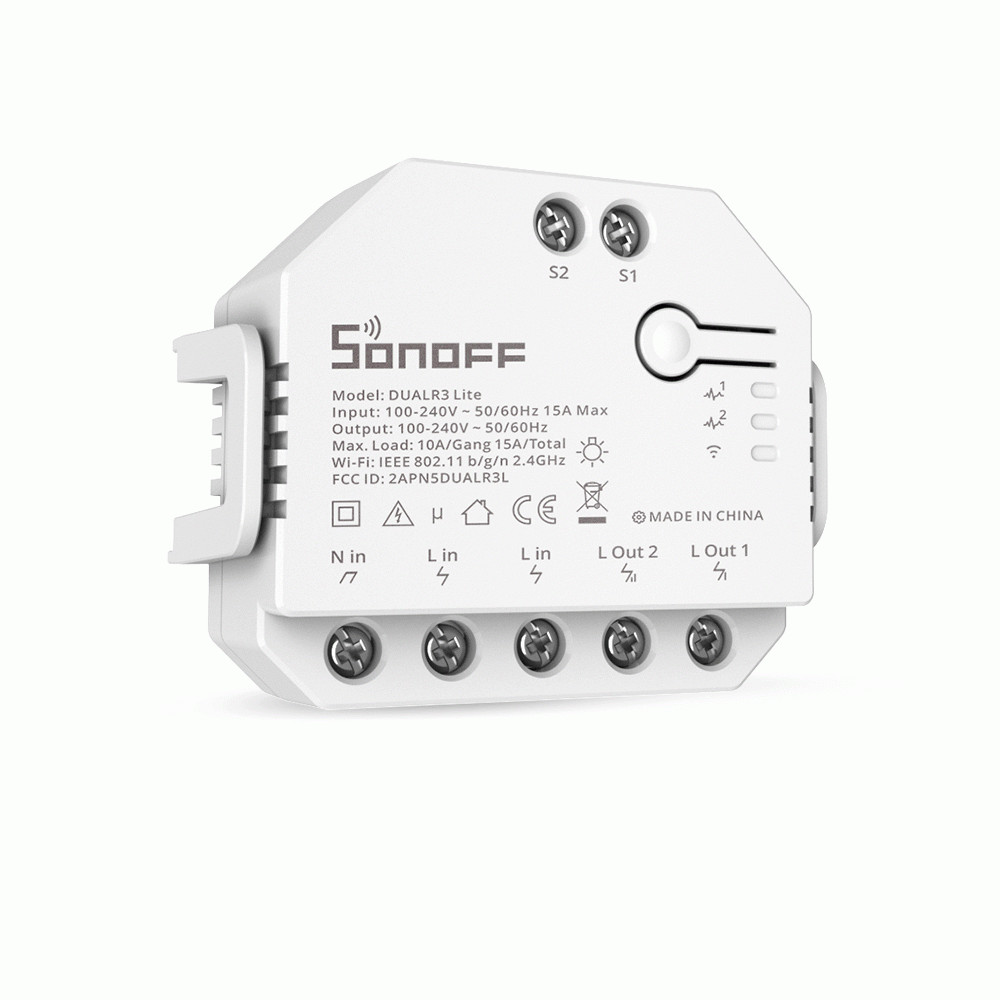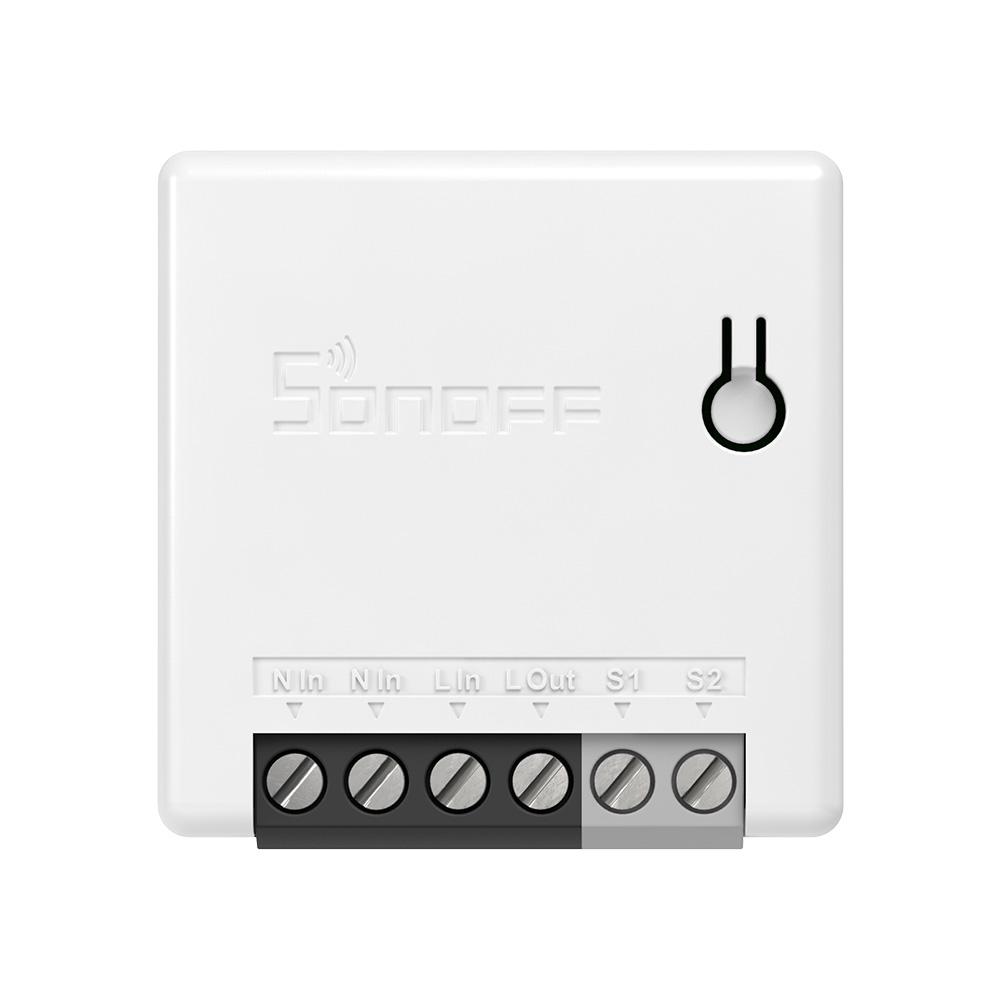
SONOFF SPM-4RELAY okos kapcsoló relé (4 csatornás, WiFi, mobil vezérlés, időzítő, fogyasztásmérés) FEHÉR - gigatel.hu

SmartWise 5V-32V két áramkörös WiFi-s, Sonoff kompatibilis, távvezérelhető okos kapcsoló relé, kontakt kapcsolással és impulzus kapcsolási üzemmóddal - Paku Kapu
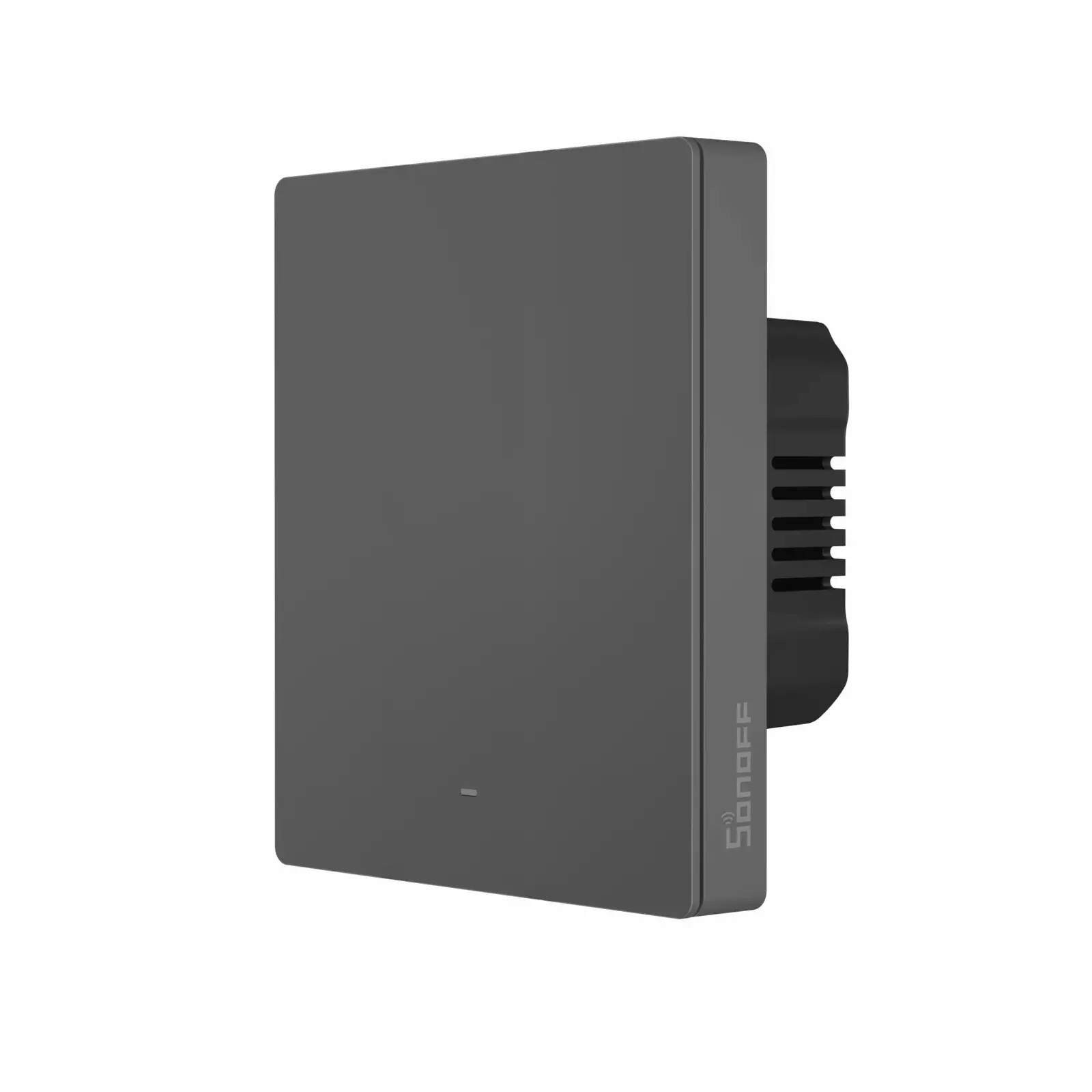
SONOFF SWITCHMAN M5-1C-86 1 ÁRAMKÖRÖS OKOS CSILLÁRKAPCSOLÓ WIFI, BLUETOOTH - 6 990 Ft - IoTcentrum.hu

SmartWise 5V-32V » Négy áramkörös, WiFi-s - Sonoff kompatibilis, távvezérelhető okos kapcsoló relé, kontakt kapcsolással és impulzus kapcsolási üzemmóddal - Kismegszakítók - Relék - Vezérlés - Otthon vagyunk :)
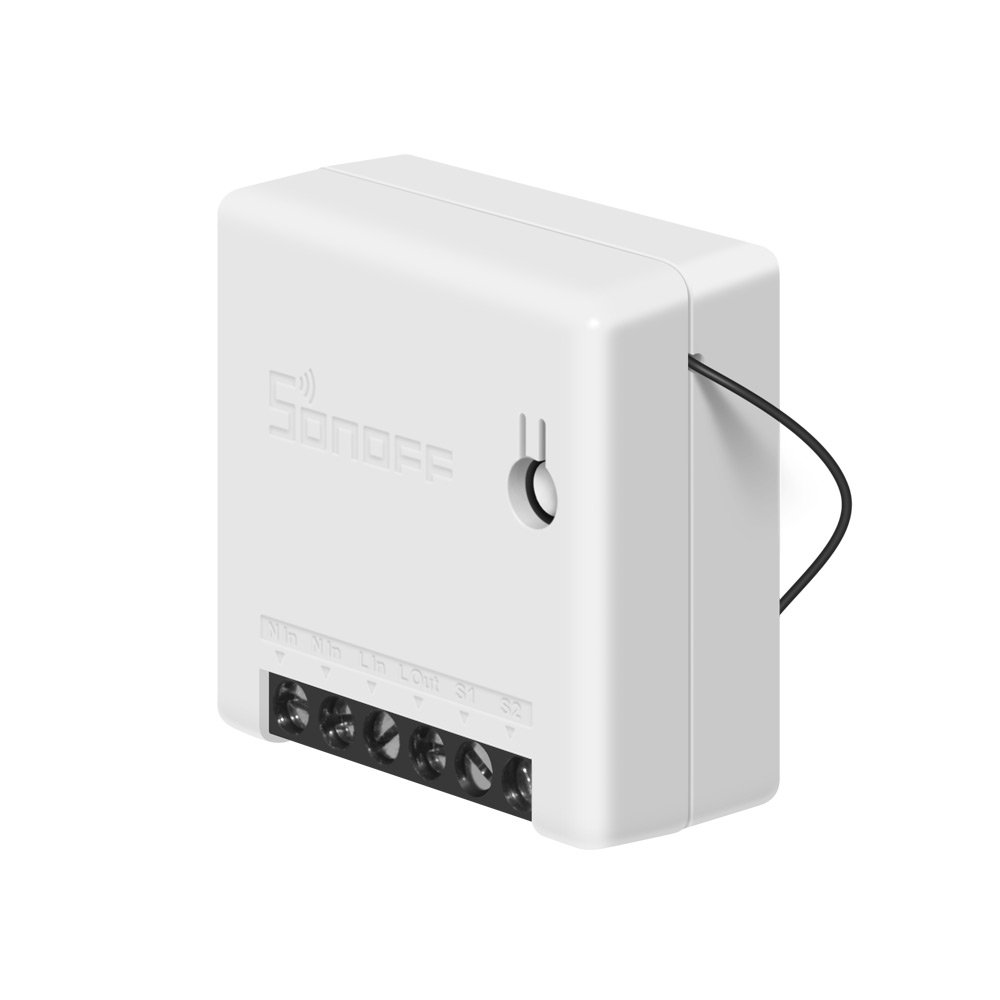
Sonoff MINI Wi-Fi vezeték nélküli okos kapcsoló (kapcsoló dobozba) fehér (M0802010010) - Telefontok TokTokok

A csak fázissal, nullvezeték nélkül működő WiFi-s okoskapcsoló, a Sonoff TX T4 EU 1C tesztje - OkosOtthon Bolt

SmartWise 5V-32V két áramkörös WiFi-s, Sonoff kompatibilis, távvezérelhető okos kapcsoló relé, kontakt kapcsolással és impulzus kapcsolási üzemmóddal - MarketCom Kft. - Sonoff, SmartWise, Shelly disztribúció



